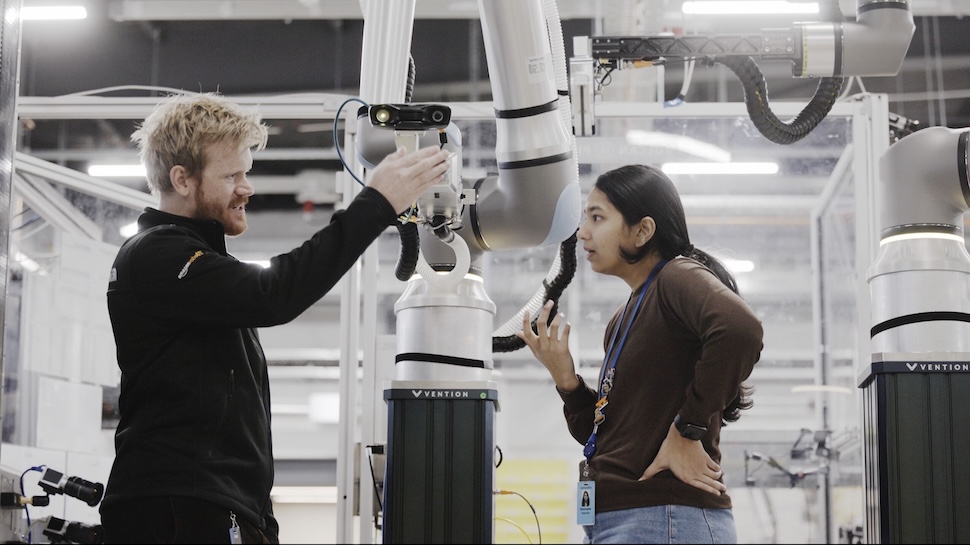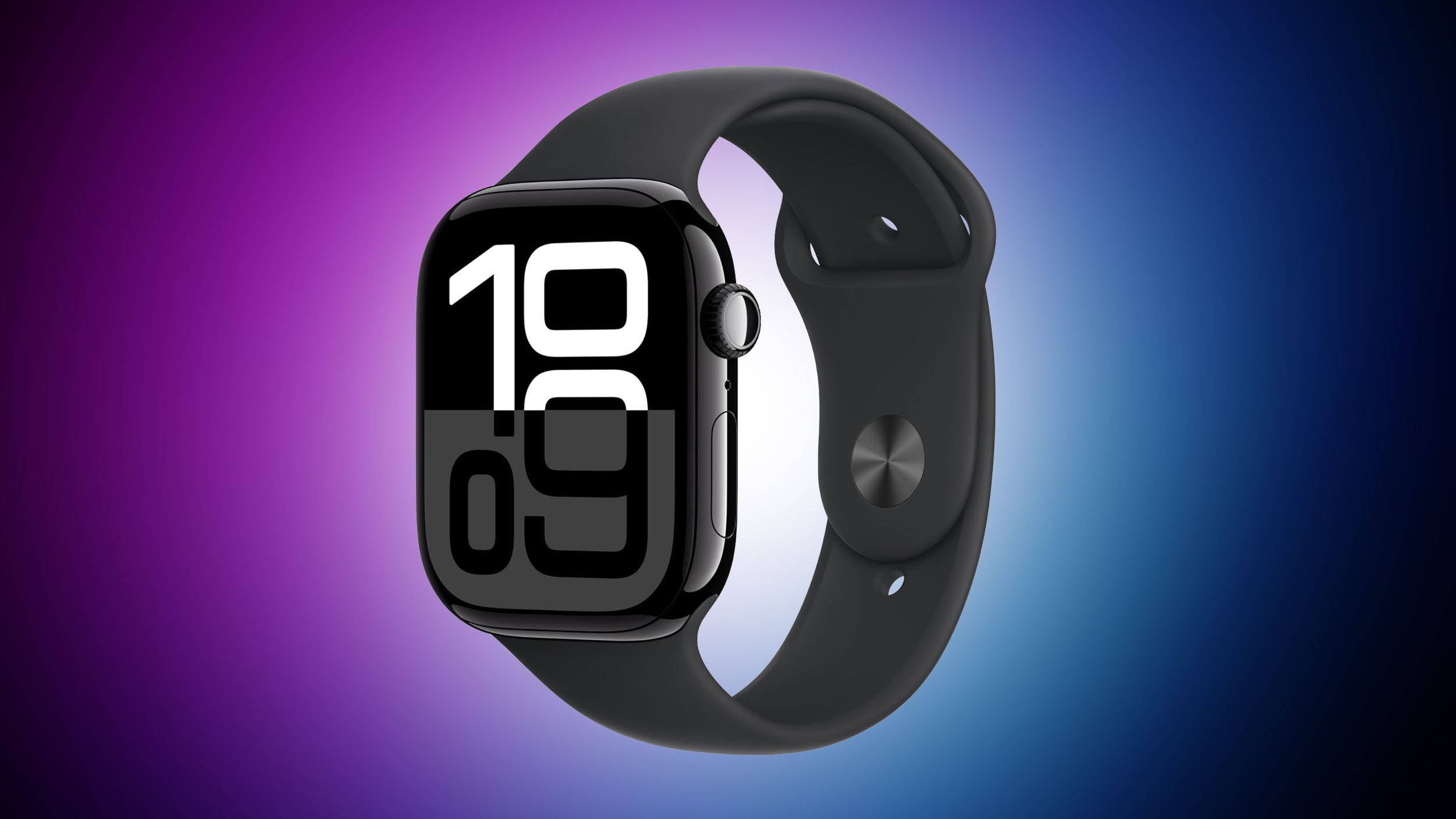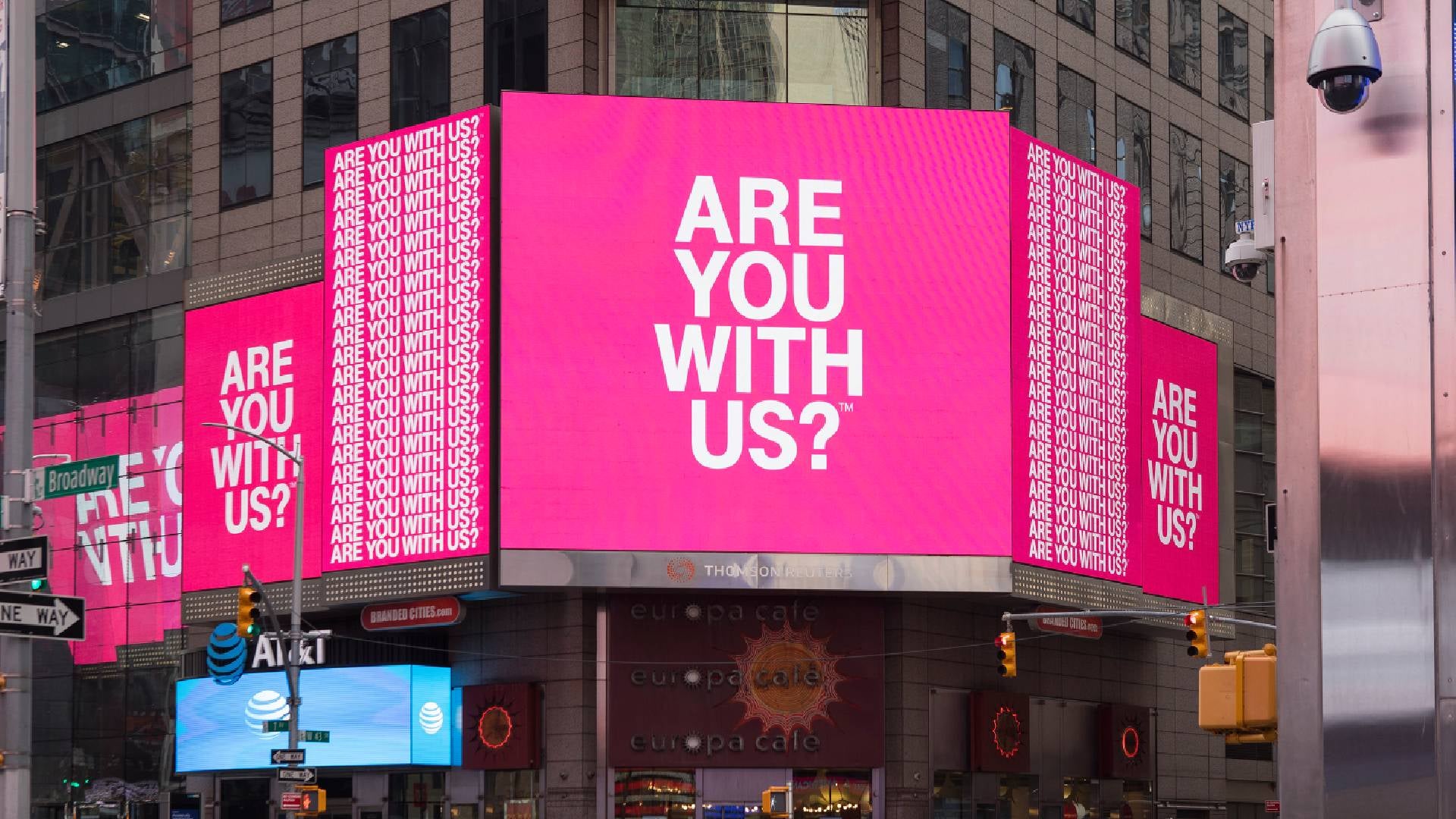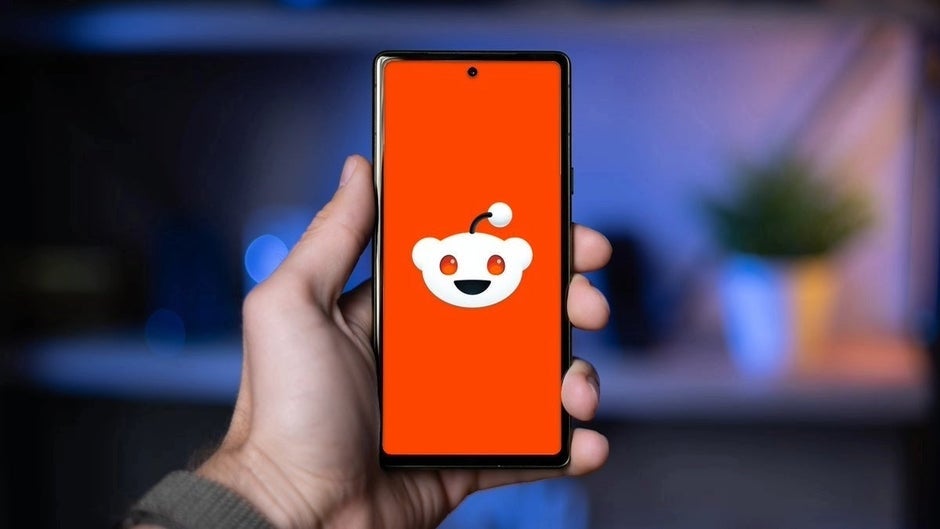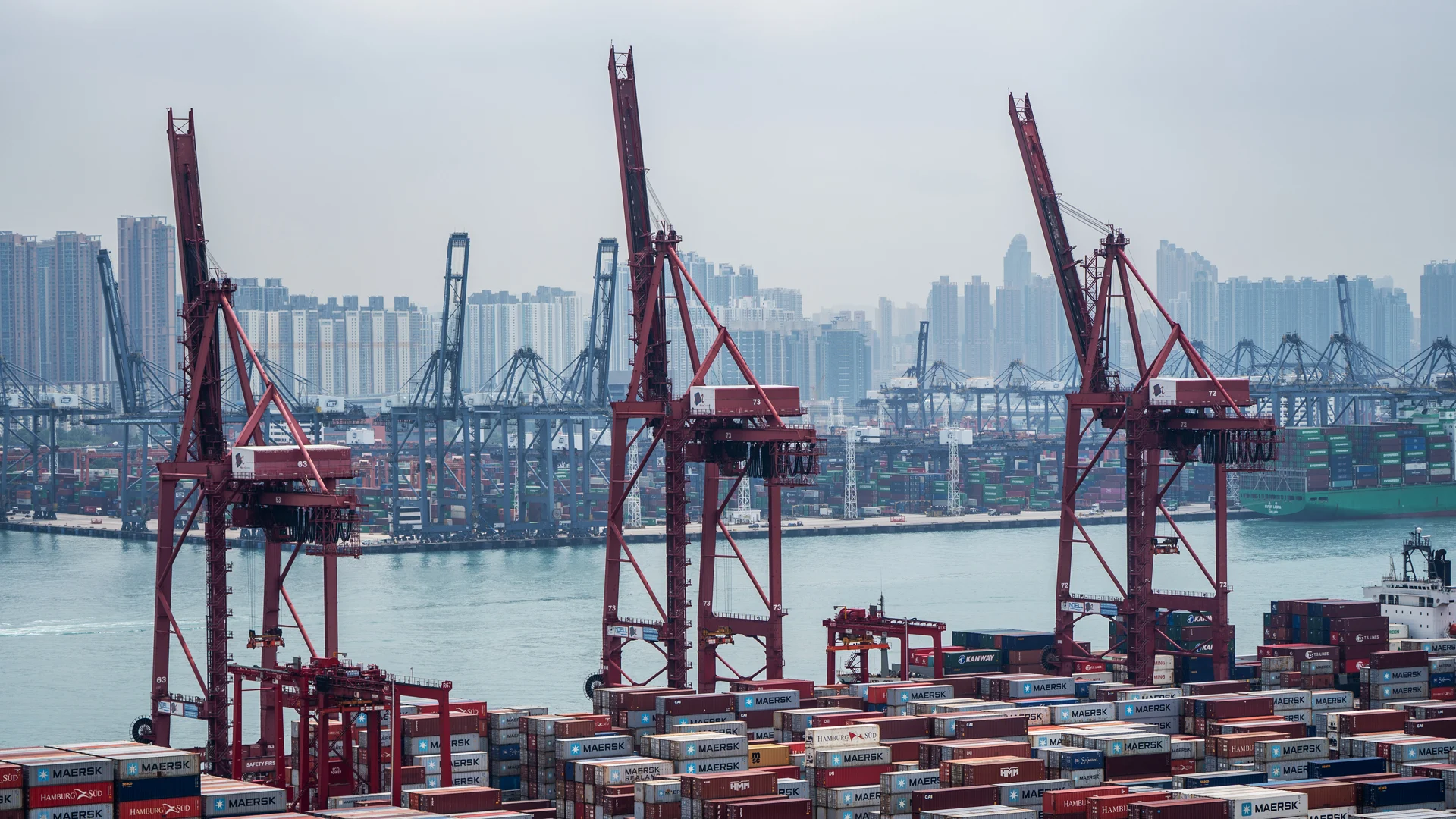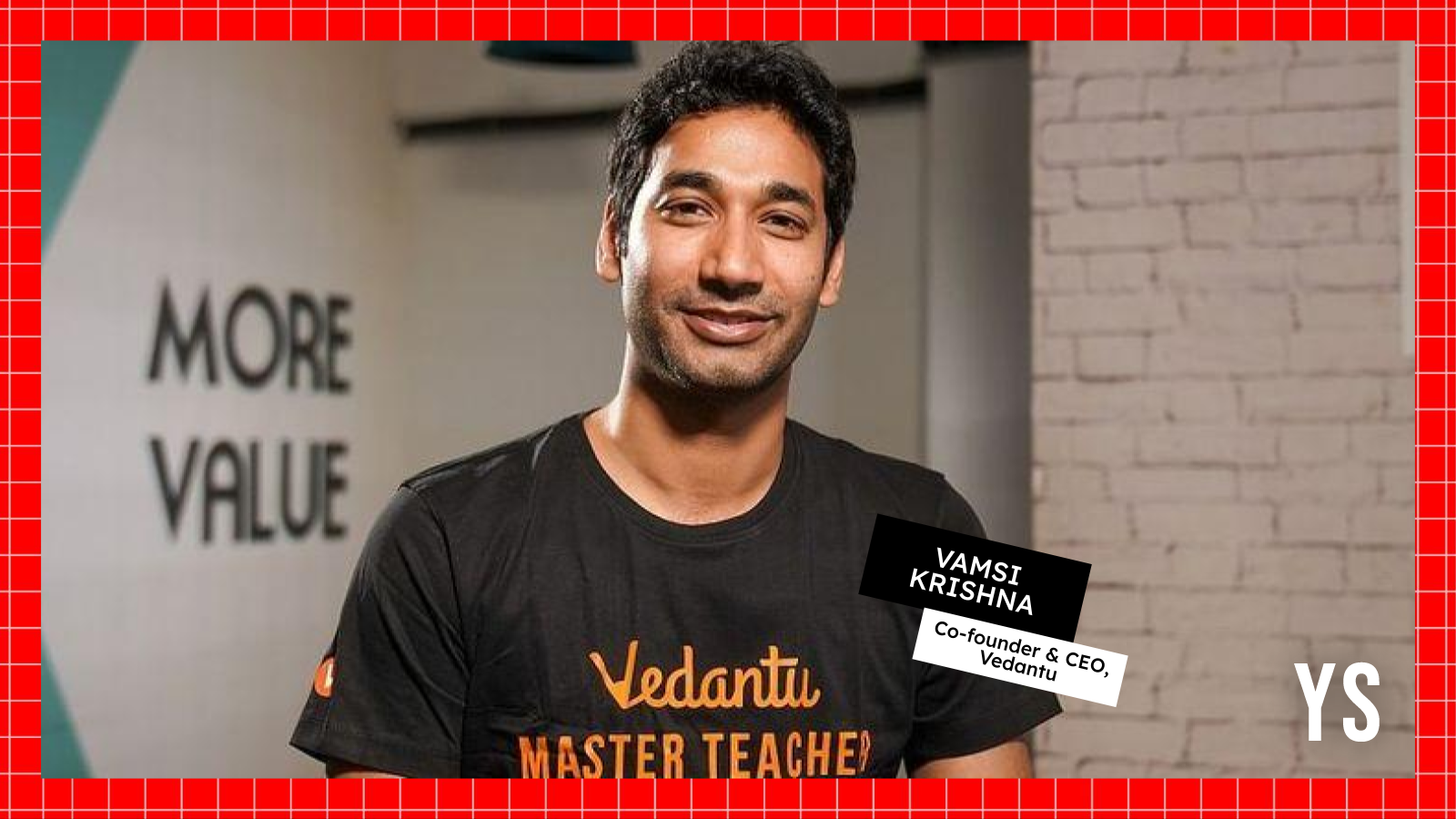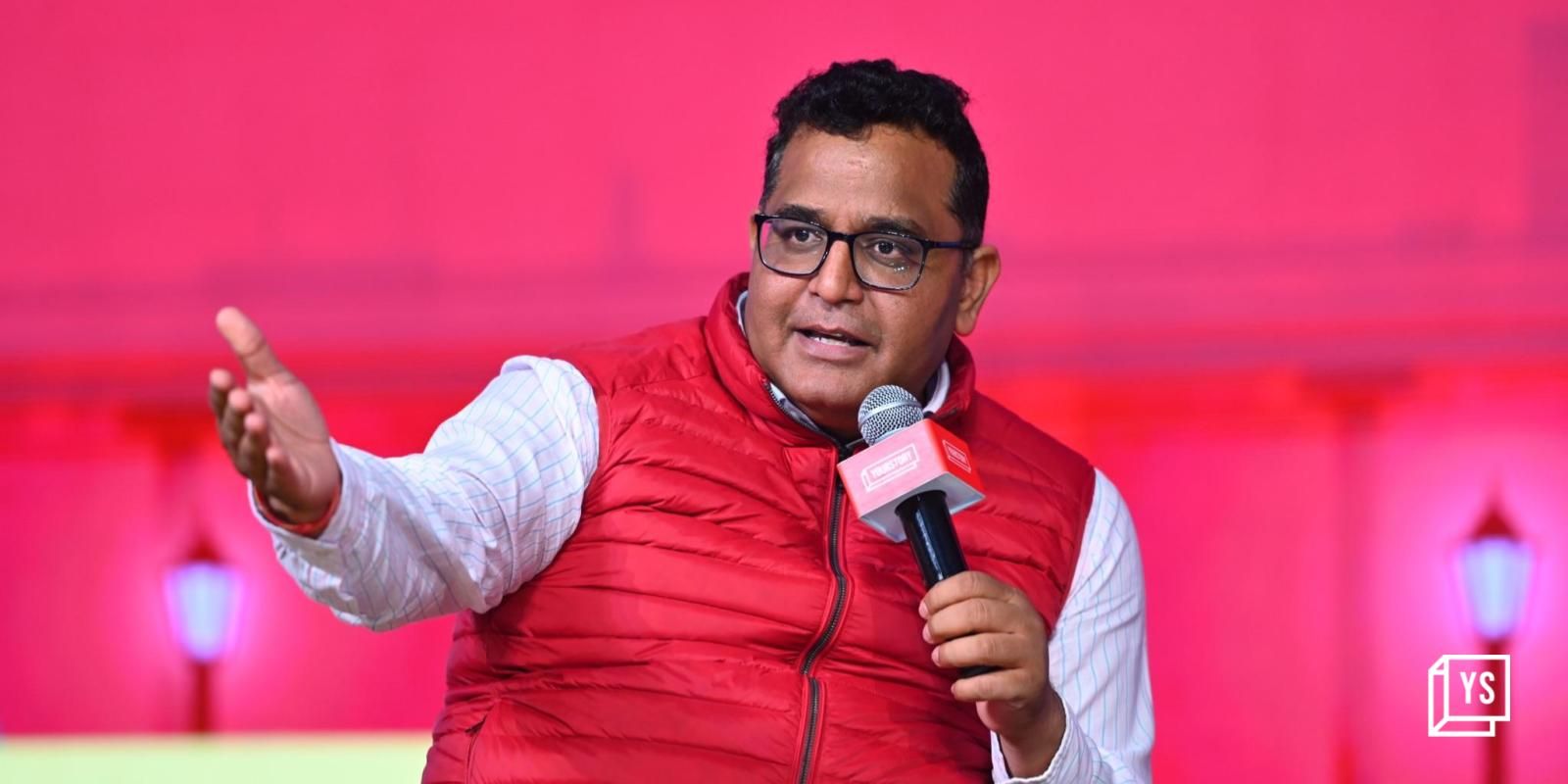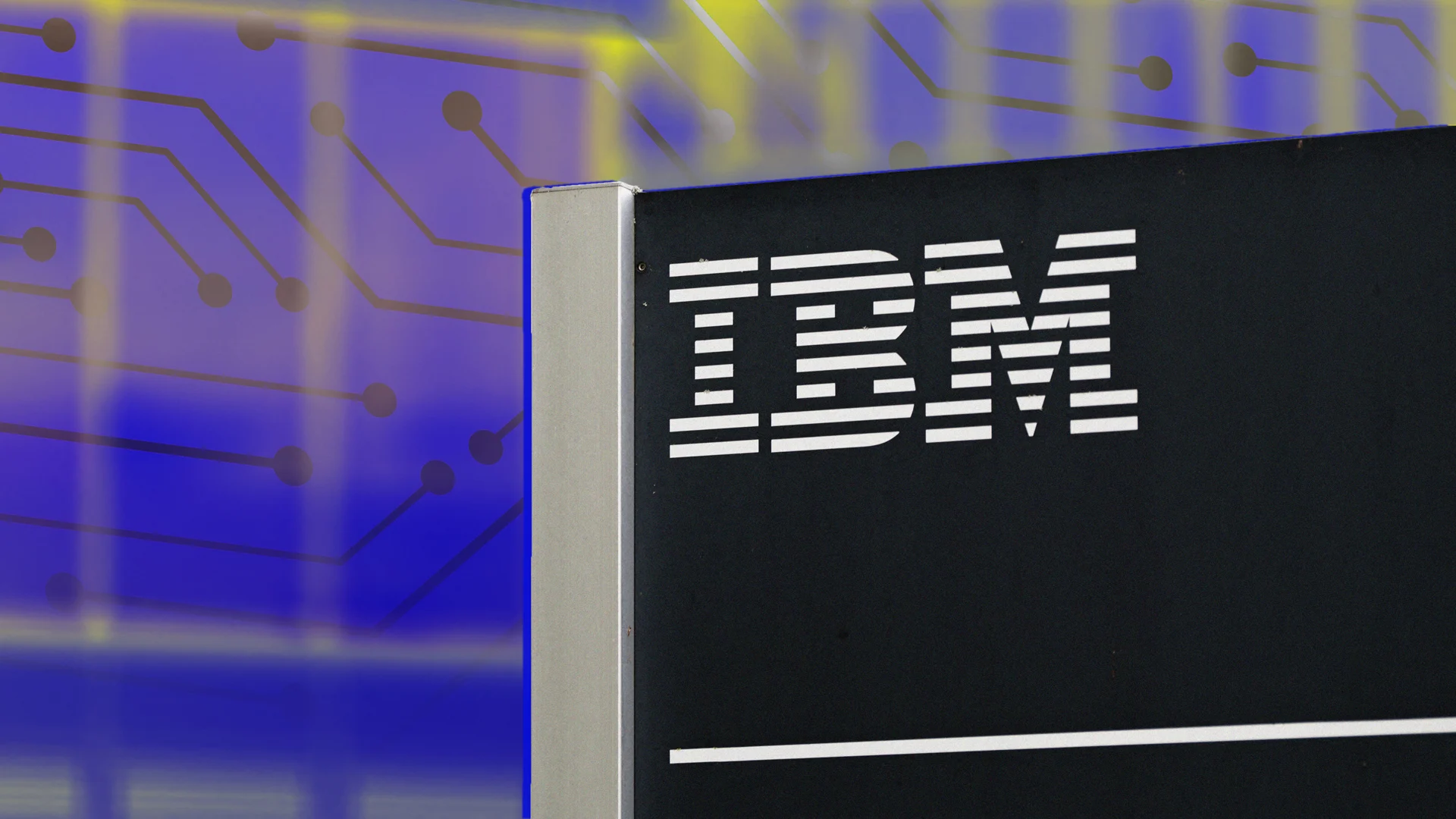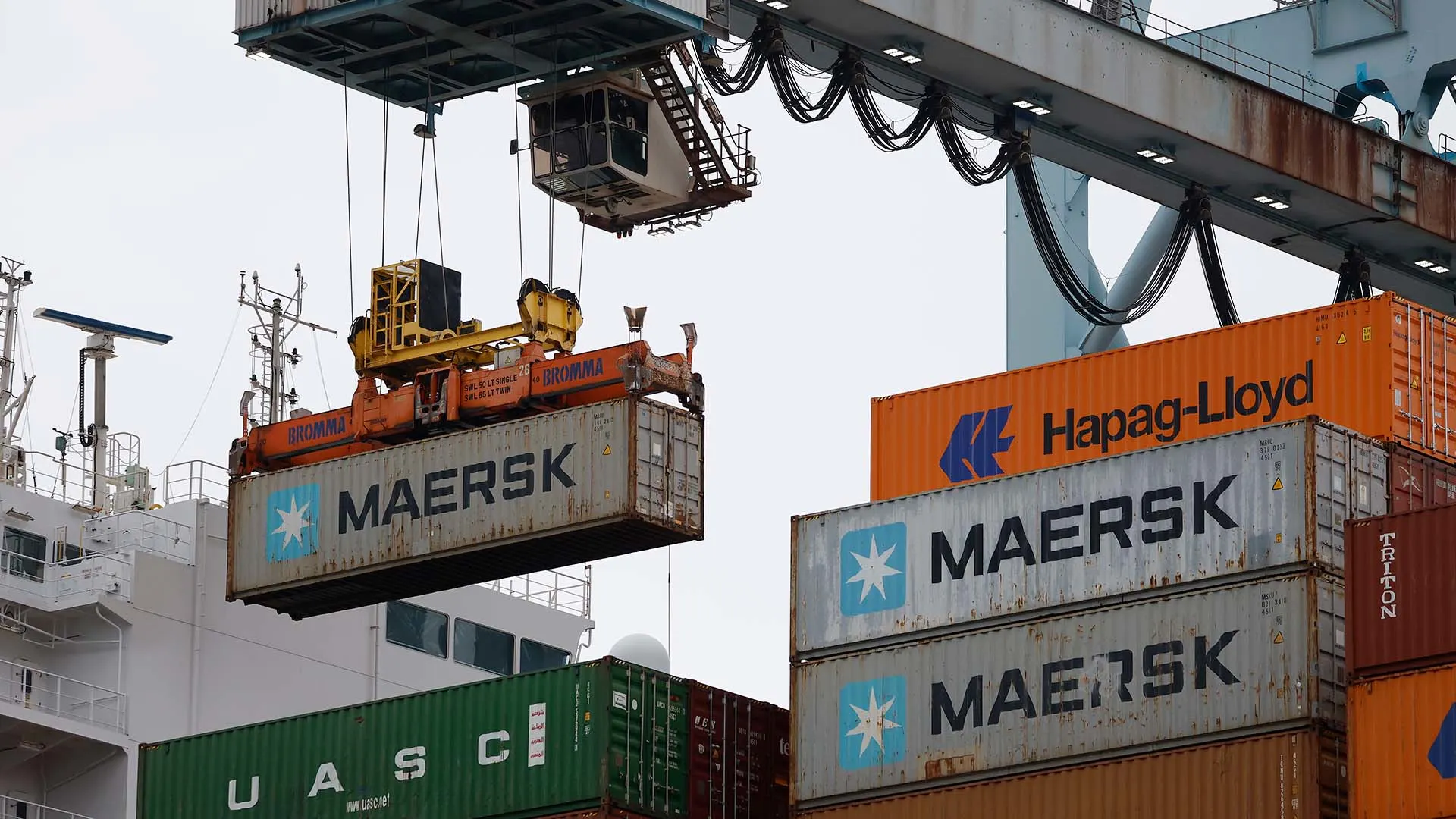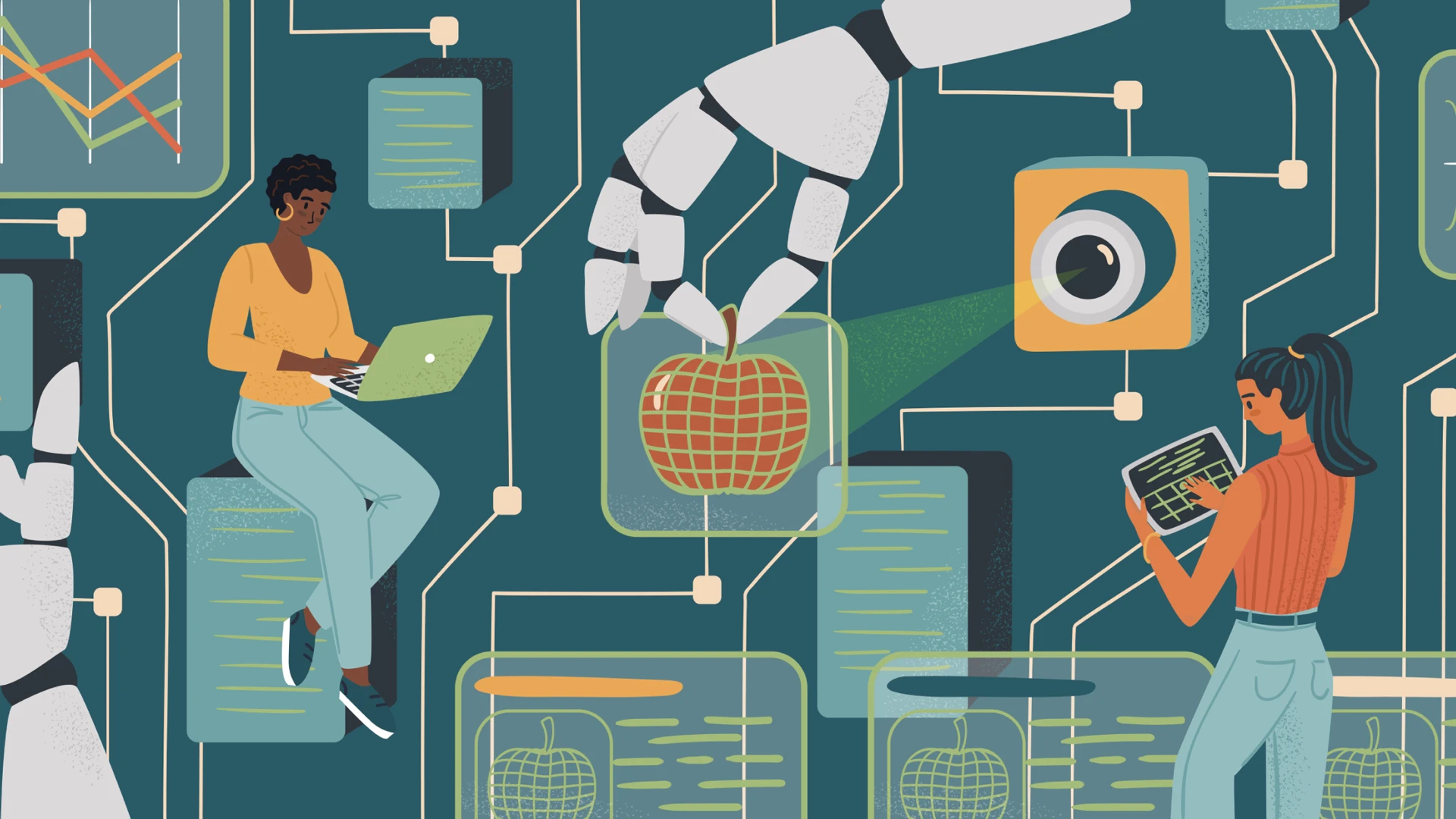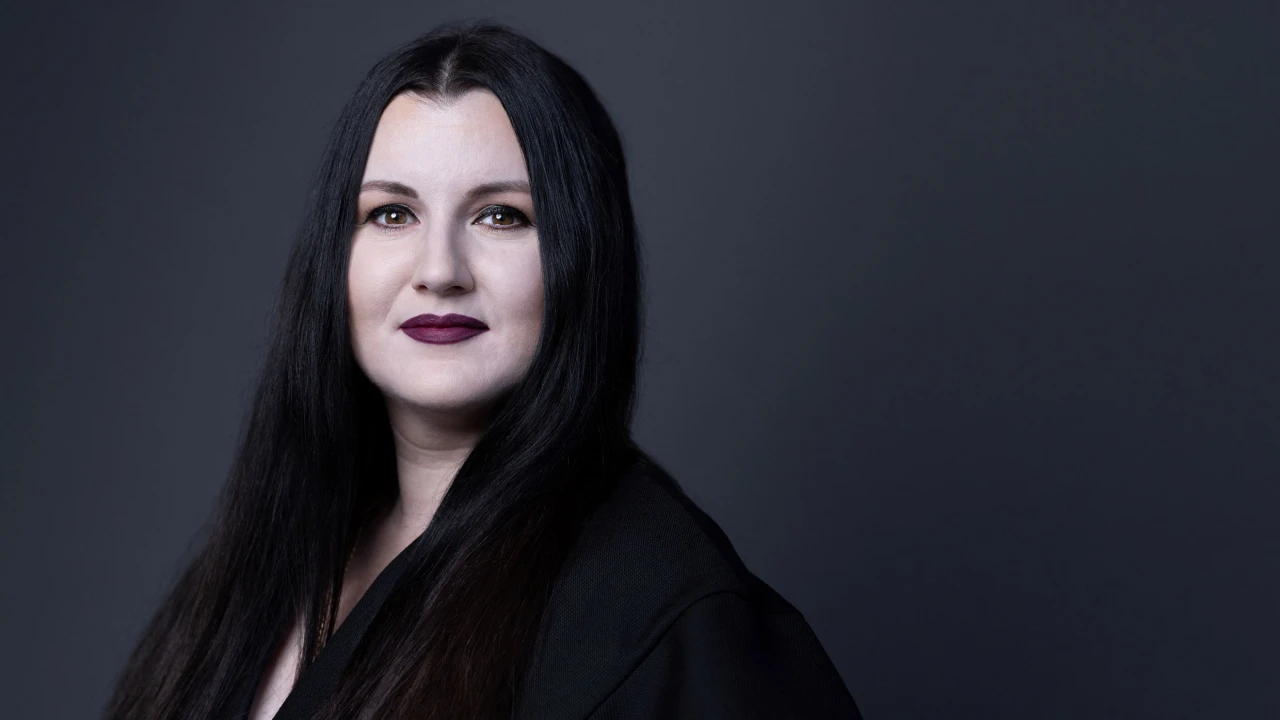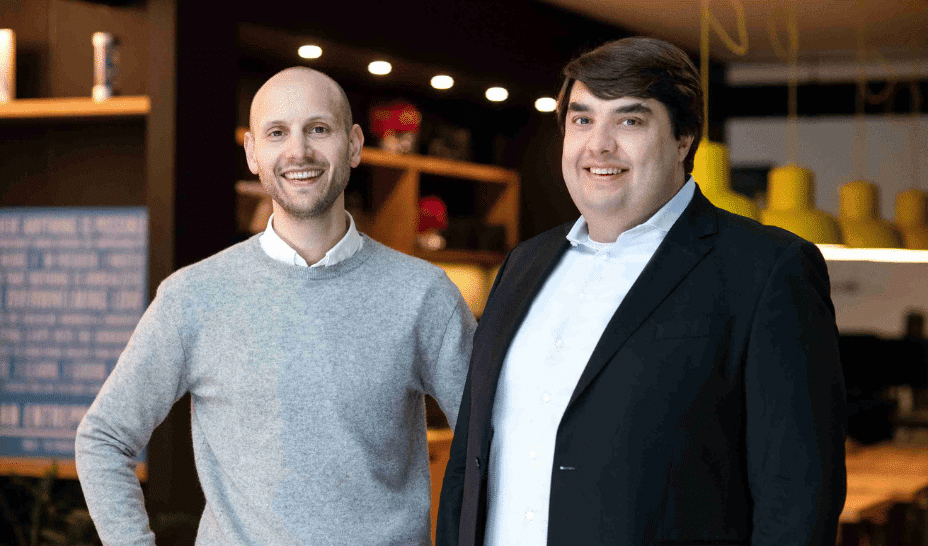Reuters is ready to stand up for the press — and embrace AI
Today, I’m talking with Paul Bascobert, who is the president of Reuters, the news and information service you have undoubtedly heard of. This is part of a special Thursday series we’re running this month to explore how leaders at some of the world’s biggest companies make decisions in such a rapidly changing environment. You know, […]


Today, I’m talking with Paul Bascobert, who is the president of Reuters, the news and information service you have undoubtedly heard of. This is part of a special Thursday series we’re running this month to explore how leaders at some of the world’s biggest companies make decisions in such a rapidly changing environment. You know, Decoder stuff.
Reuters is a great company for us to kick off with, because it’s been around basically forever. The company was founded in 1851, when the hot technology enabling new kinds of media was the telegraph, and the entire concept of a “wire service” was a wild new idea.
Here, today in 2025, the tech driving media has clearly changed more than just a little bit. Distribution in a world full of iPhones and generative AI is a really different proposition than distributing media 50 years before the invention of the radio. It’s even a pretty different proposition now than it was just 20 or 30 years ago, in the web 1.0 era.
There’s a lot there, and you’ll hear us get deep into basically every Decoder theme there is. For example, Paul and I spent a lot of time talking about how an organization with a legacy as old as Reuters’ can keep finding an audience and being successful in the current age of digital media, which is dominated by social platforms. The audience isn’t reading newspapers anymore, and I’m not even sure the next generation of news consumers will even be visiting websites. So Reuters is doing a lot of work to make sure its work can find and reach new audiences.
Decoder listeners who are familiar with our other episodes with media leaders know I’m very curious how generative AI is going to change the very business of news. And how big media companies are thinking about licensing their content to AI companies, being in litigation with those same companies, or even working with them to build new kinds of products.
Paul had a lot of really interesting thoughts here, because Reuters fundamentally has always had licensed content arrangements, because really, that’s just what a wire service is. To Paul, that dovetails neatly into a way to think about AI and AI training data. I pushed really hard to get some hard numbers out of him, so I think you’ll really enjoy the back-and-forth.
If you’d like to read more on what we talked about in this episode, check out the links below:
- The Trust Principles | Reuters
- Brendan Carr’s FCC is an anti-consumer, rights-trampling harassment machine | Verge
- AP wins reinstatement to White House events | AP
- NYT publisher AG Sulzberger on Trump, OpenAI and the economy | Channels
- Dow Jones CEO Almar Latour on AI, press freedom, and the future of news | Decoder
- Platforms need the news — but they’re killing it | Decoder
- Why The Atlantic signed a deal with OpenAI | Decoder
- Platformer’s Casey Newton on surviving the great media collapse | Decoder
Questions or comments about this episode? Hit us up at decoder@theverge.com. We really do read every email!
















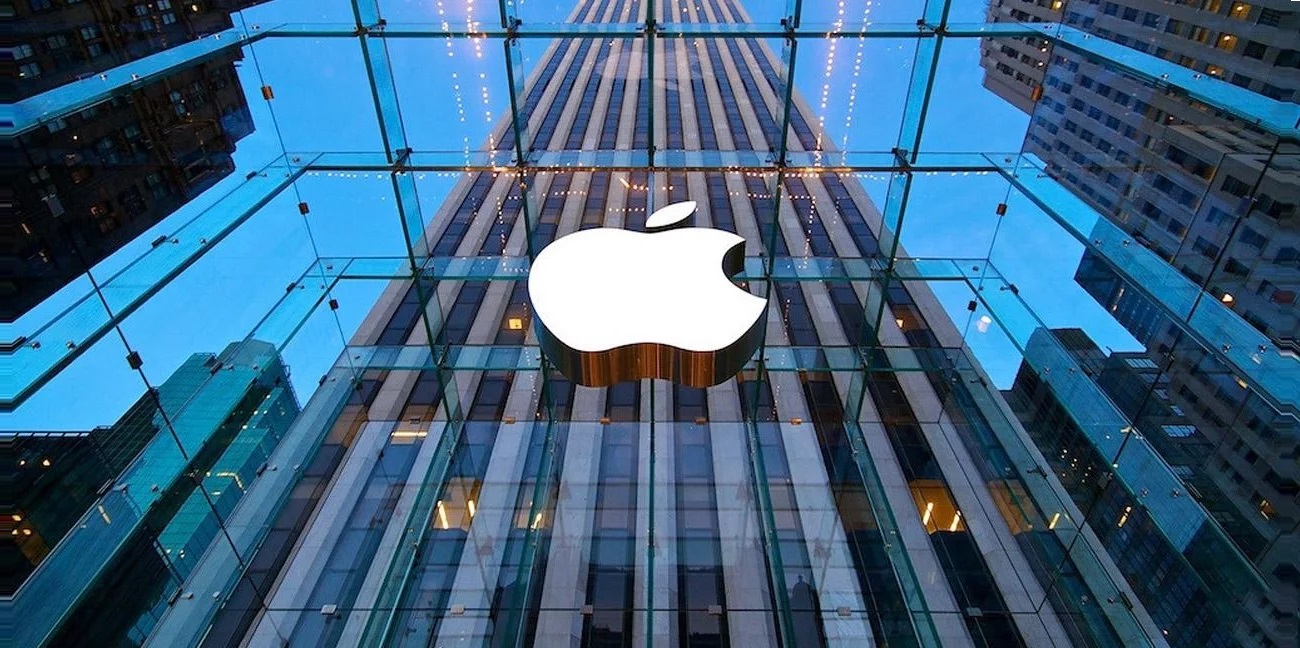
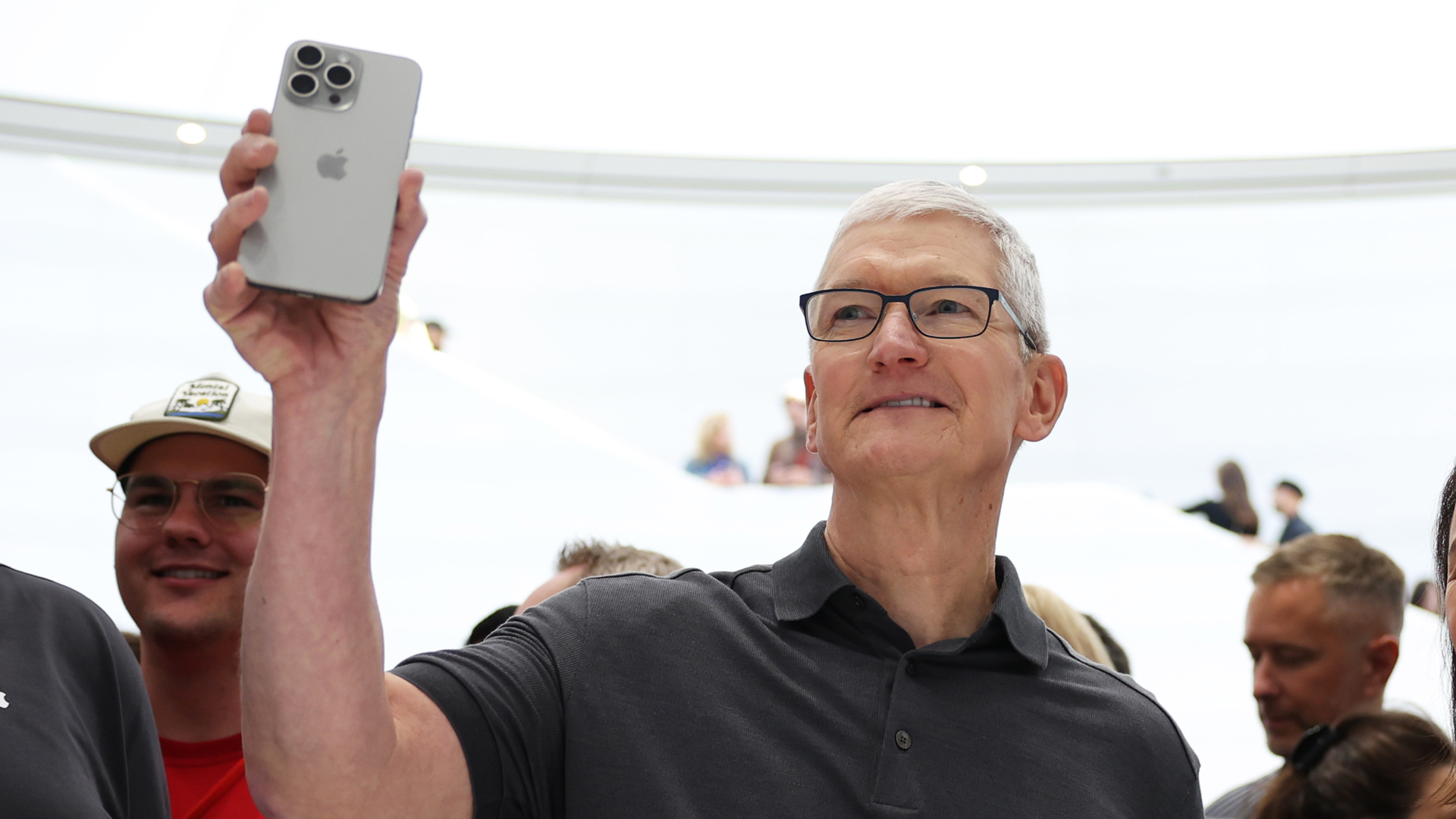































































































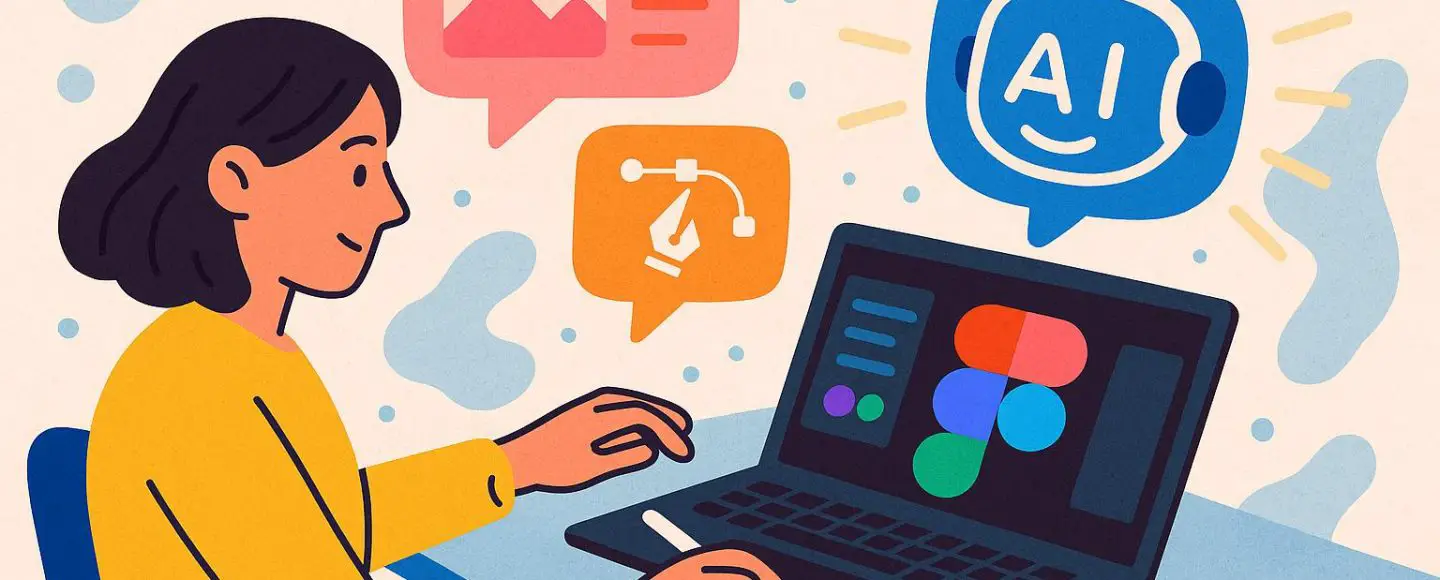
























































![[The AI Show Episode 146]: Rise of “AI-First” Companies, AI Job Disruption, GPT-4o Update Gets Rolled Back, How Big Consulting Firms Use AI, and Meta AI App](https://www.marketingaiinstitute.com/hubfs/ep%20146%20cover.png)






































































































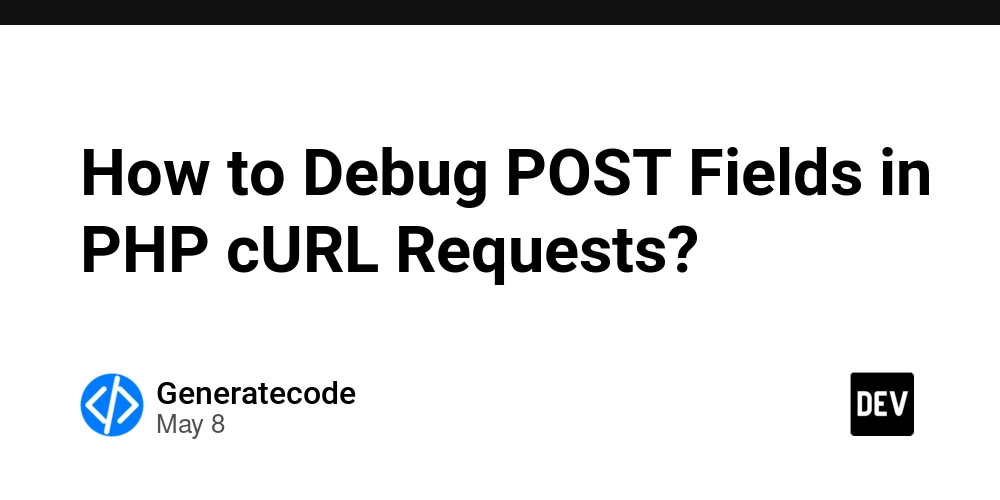

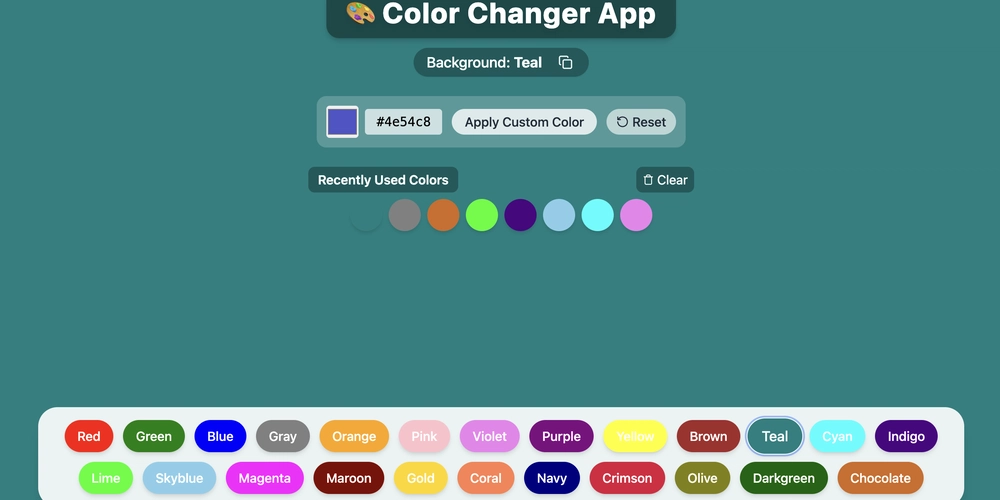















![[DEALS] The Premium Python Programming PCEP Certification Prep Bundle (67% off) & Other Deals Up To 98% Off – Offers End Soon!](https://www.javacodegeeks.com/wp-content/uploads/2012/12/jcg-logo.jpg)















































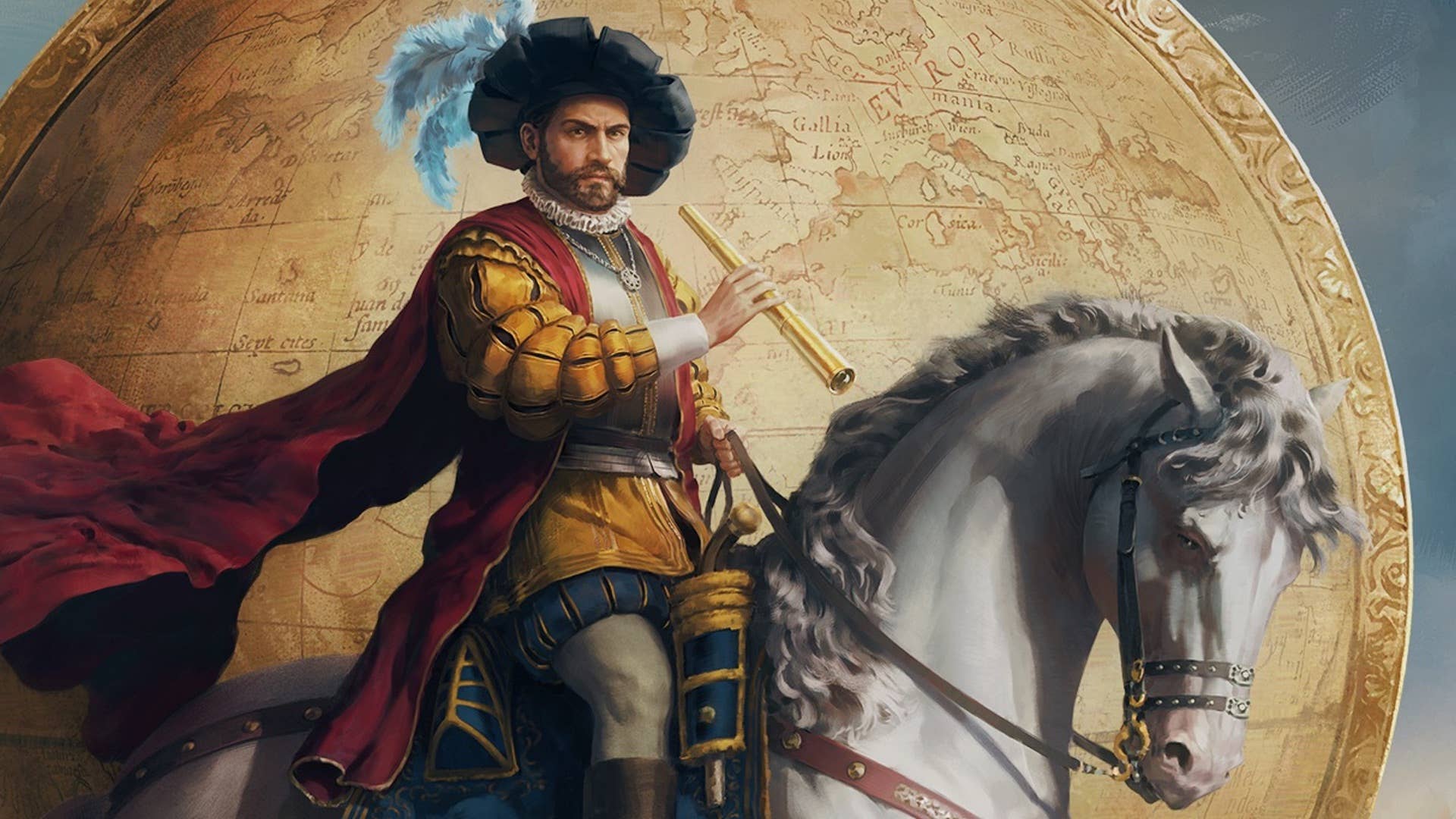













































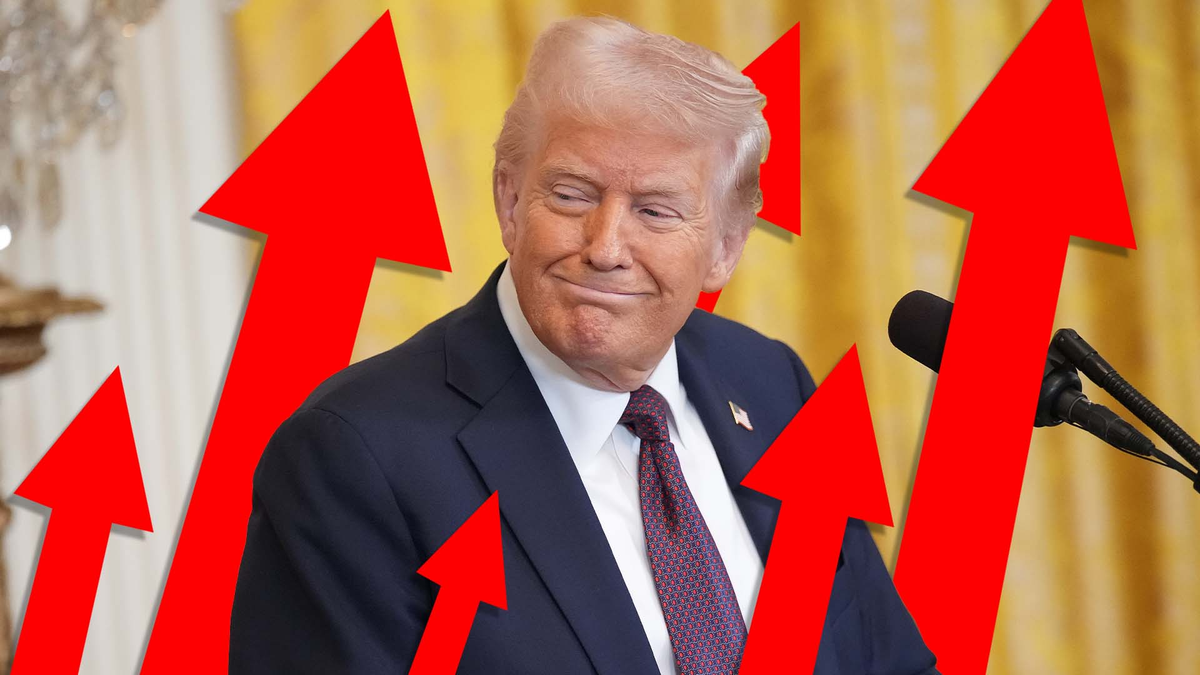


















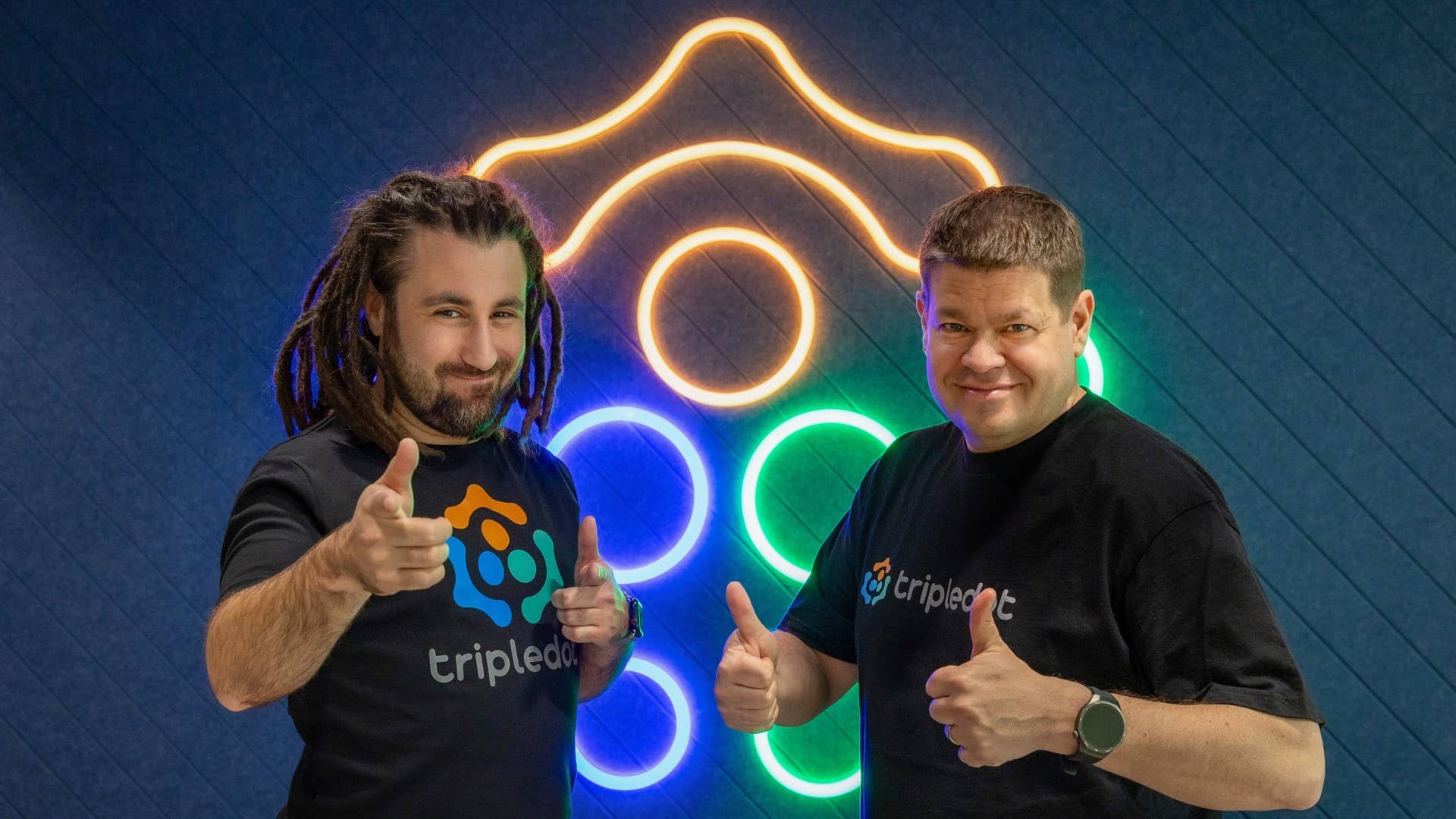


-Mafia-The-Old-Country---The-Initiation-Trailer-00-00-54.png?width=1920&height=1920&fit=bounds&quality=70&format=jpg&auto=webp#)























_Aleksey_Funtap_Alamy.jpg?width=1280&auto=webp&quality=80&disable=upscale#)
_Sergey_Tarasov_Alamy.jpg?width=1280&auto=webp&quality=80&disable=upscale#)










































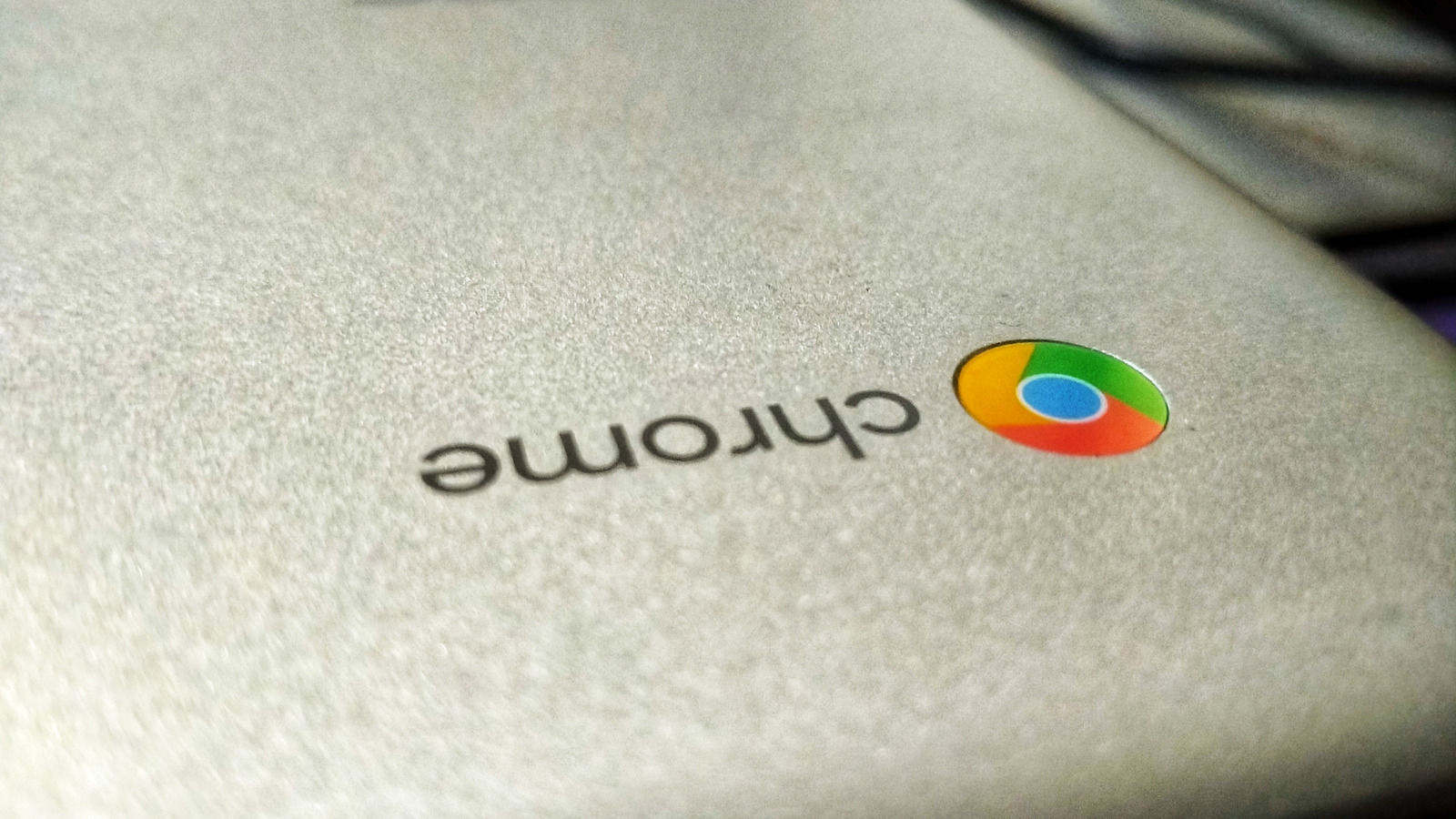


































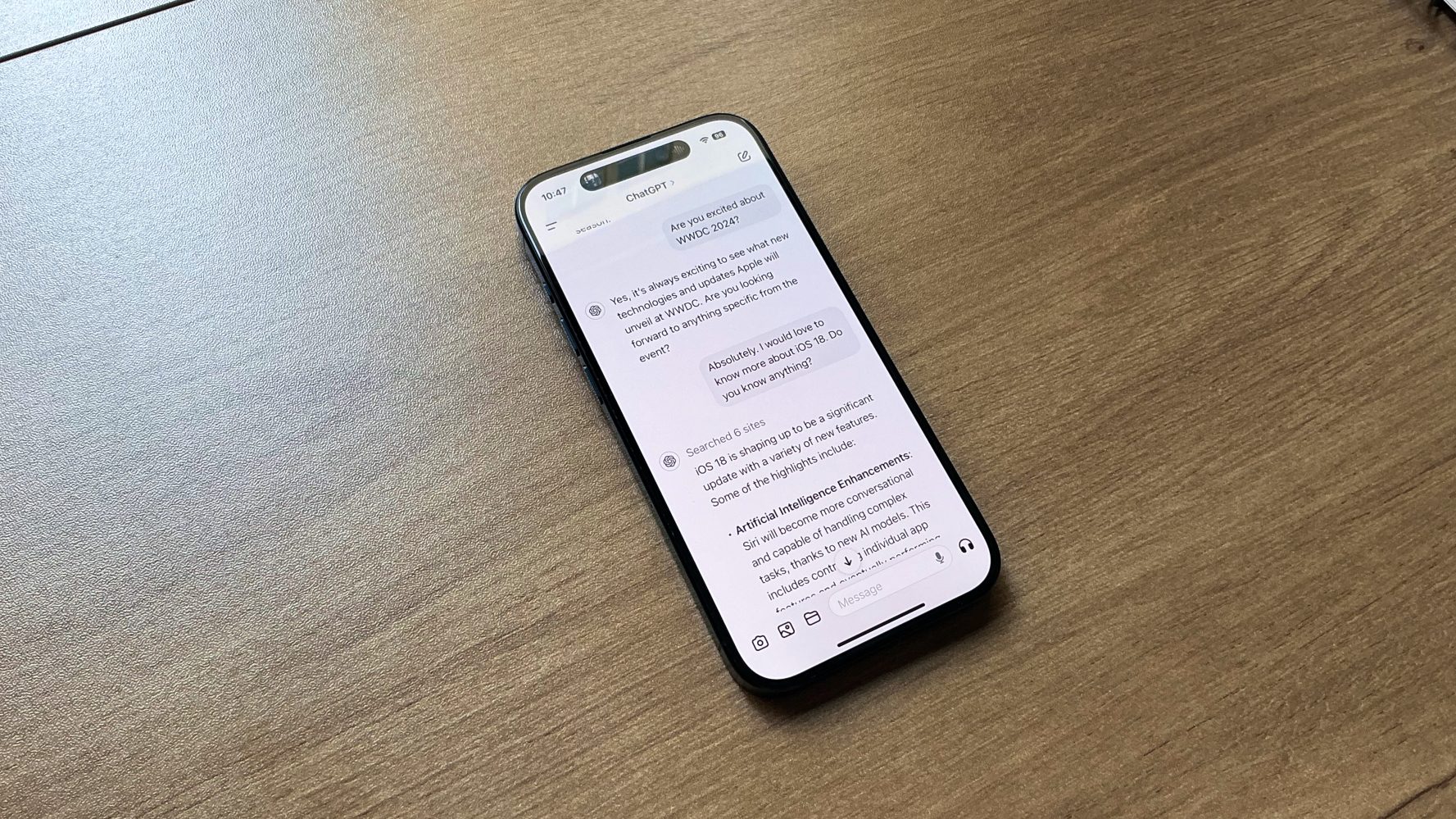







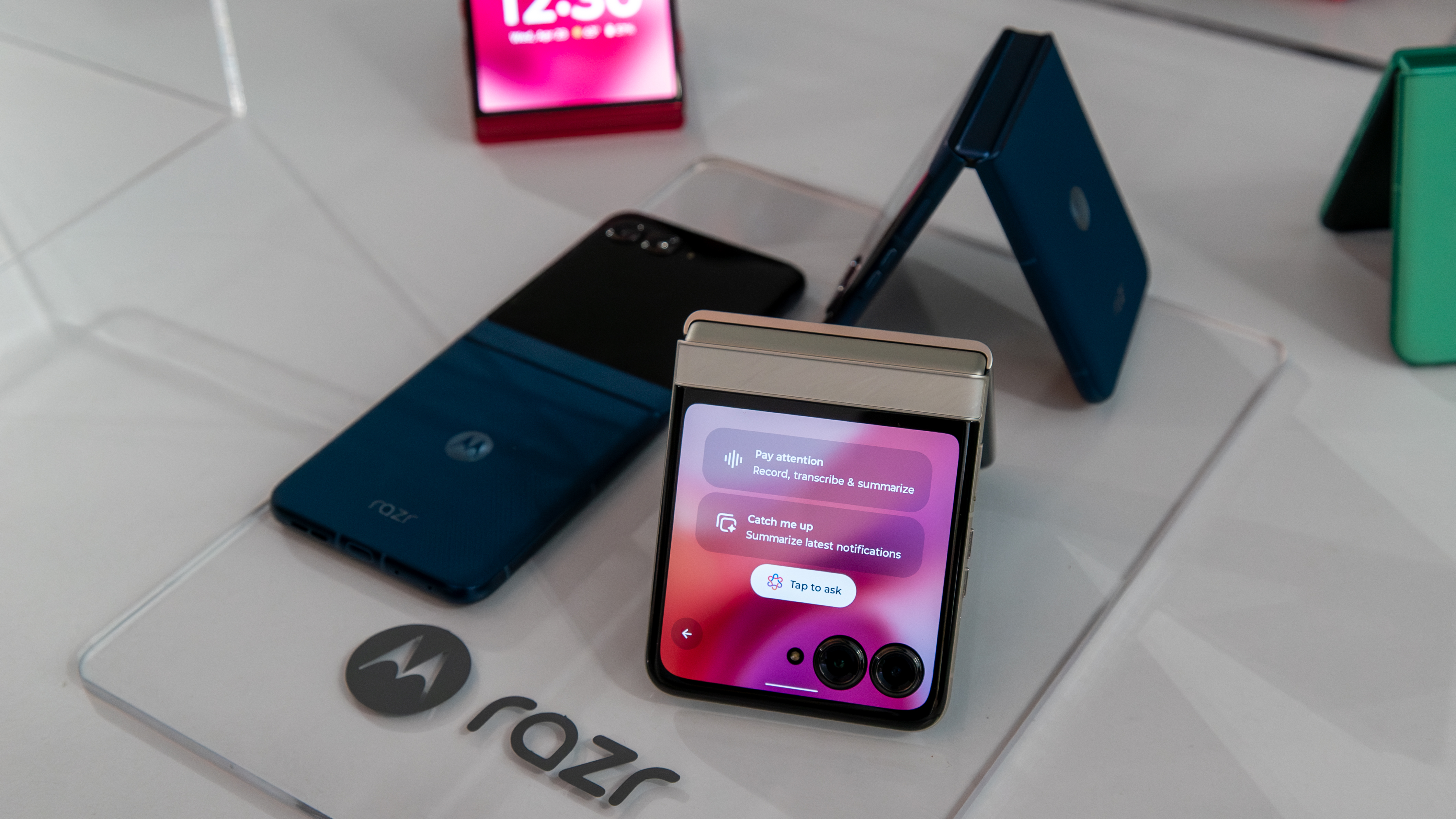


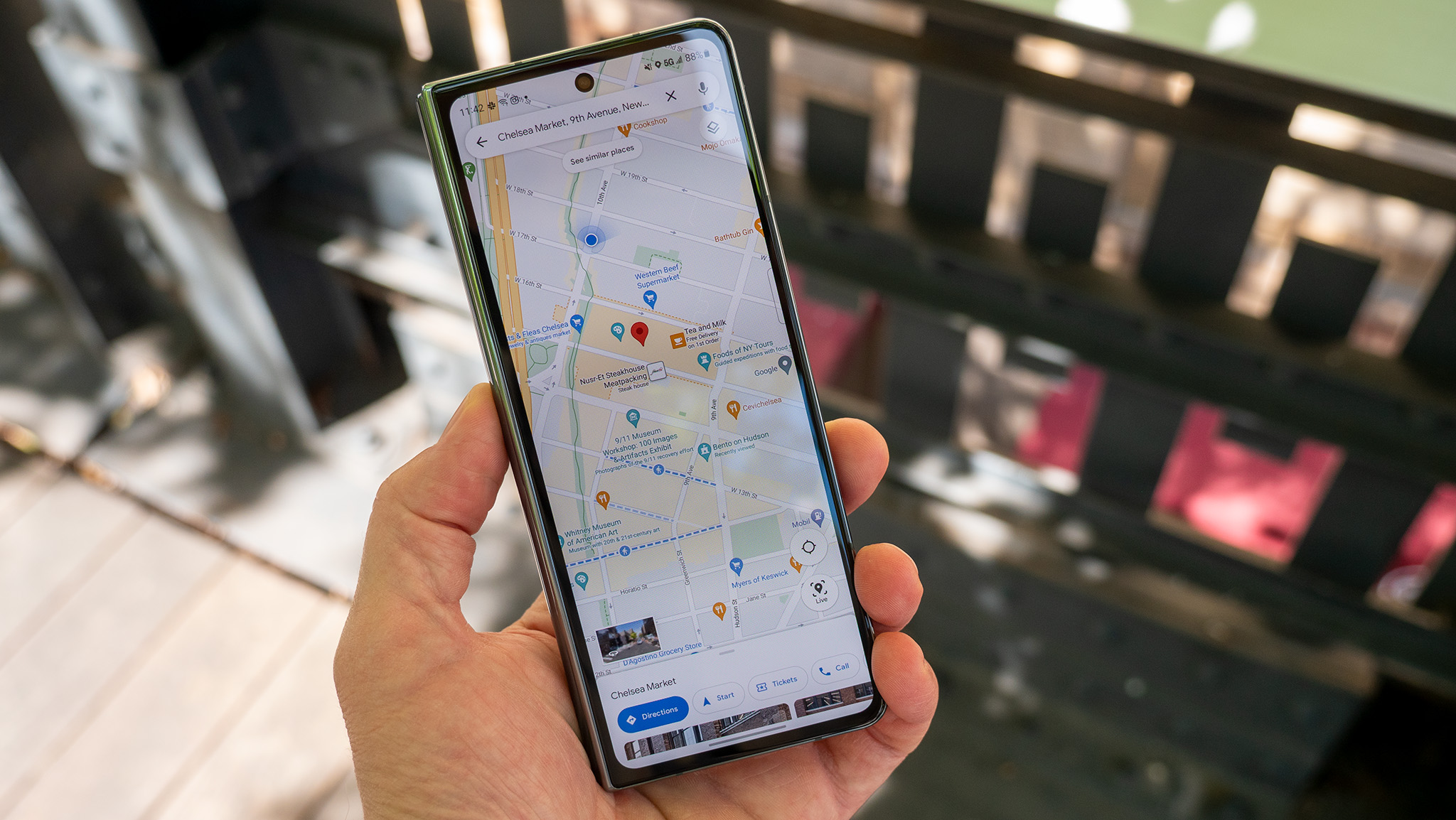
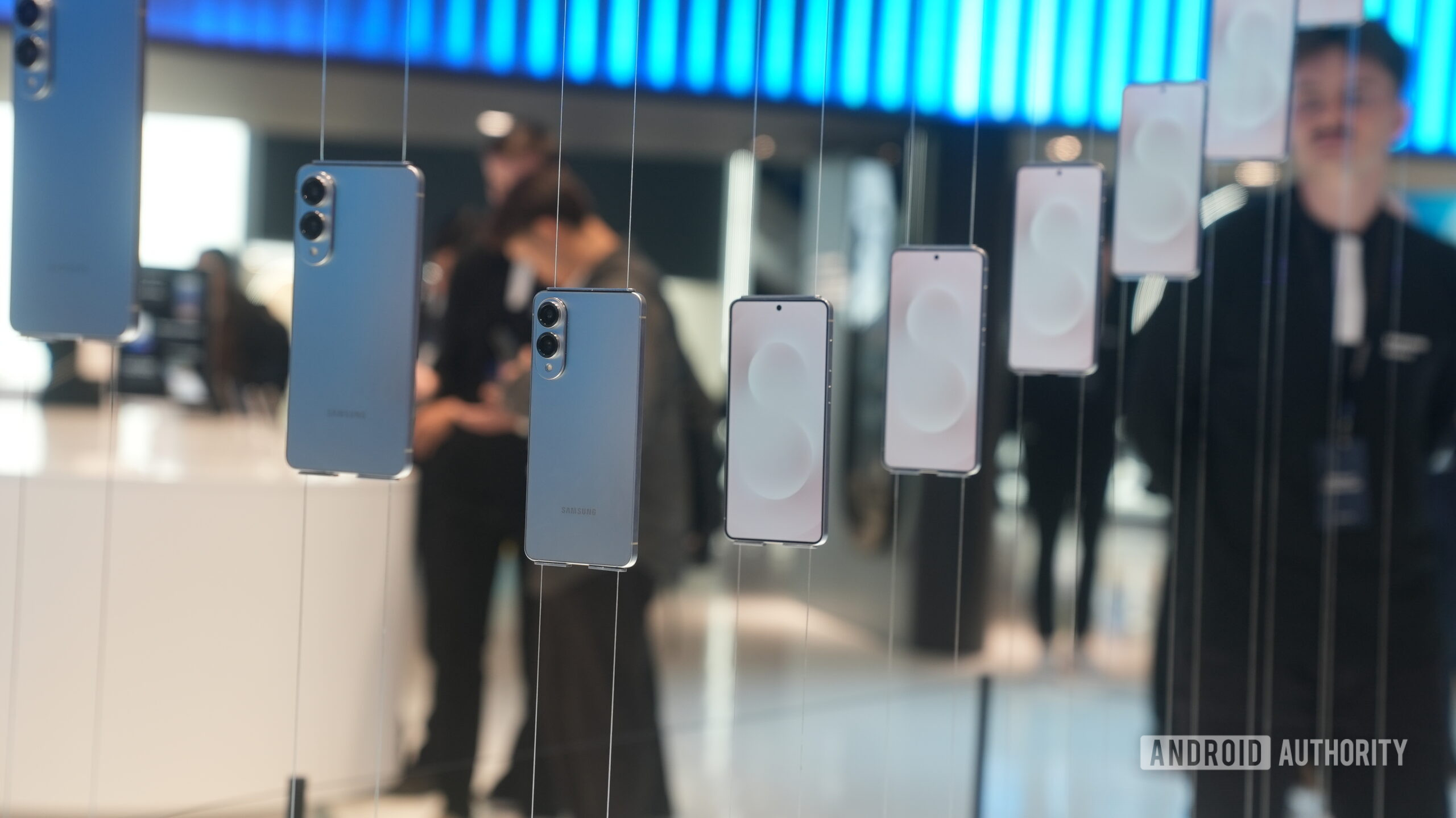




















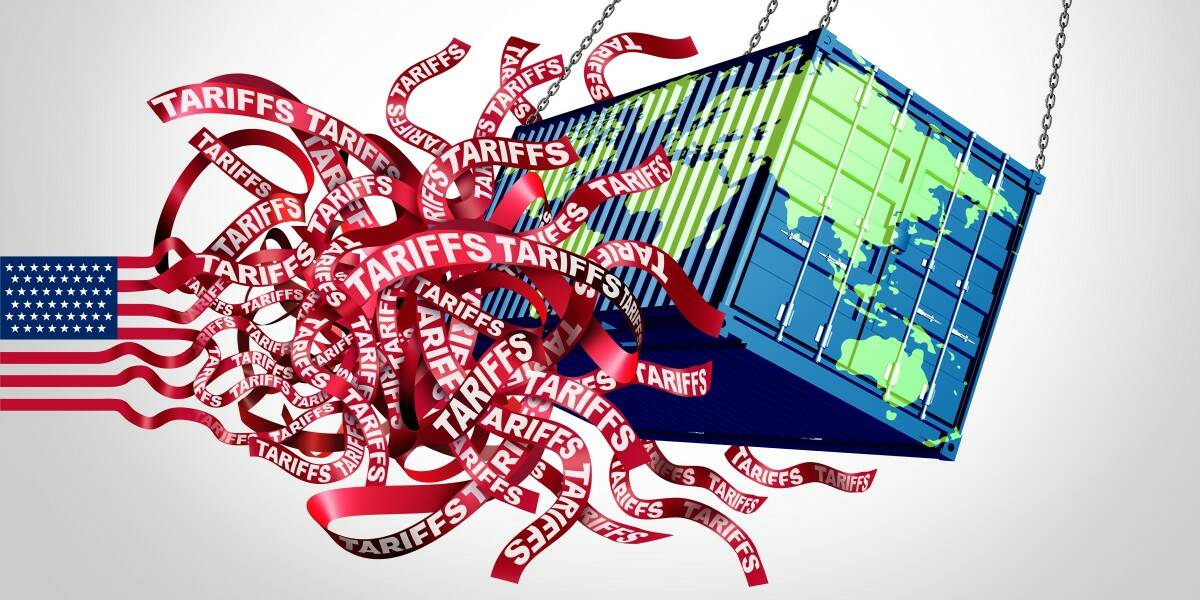
![Apple Developing New Chips for Smart Glasses, Macs, AI Servers [Report]](https://www.iclarified.com/images/news/97269/97269/97269-640.jpg)
![Apple Shares New Mother's Day Ad: 'A Gift for Mom' [Video]](https://www.iclarified.com/images/news/97267/97267/97267-640.jpg)
![Apple Shares Official Trailer for 'Stick' Starring Owen Wilson [Video]](https://www.iclarified.com/images/news/97264/97264/97264-640.jpg)
















